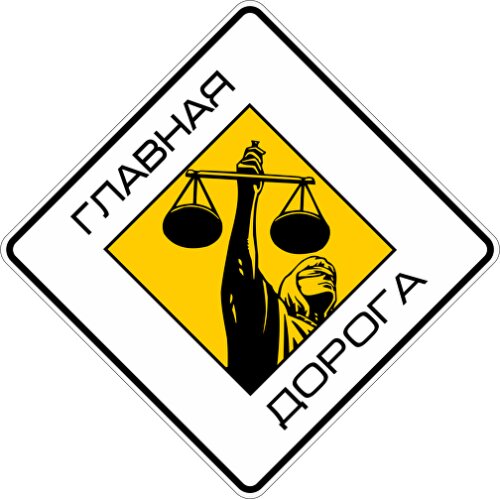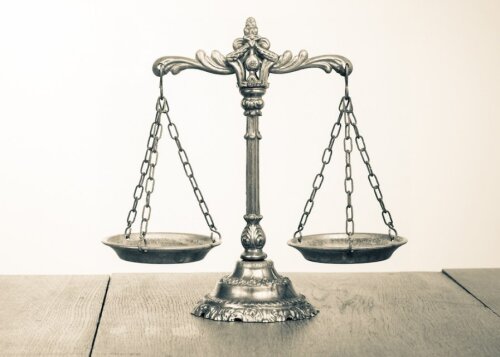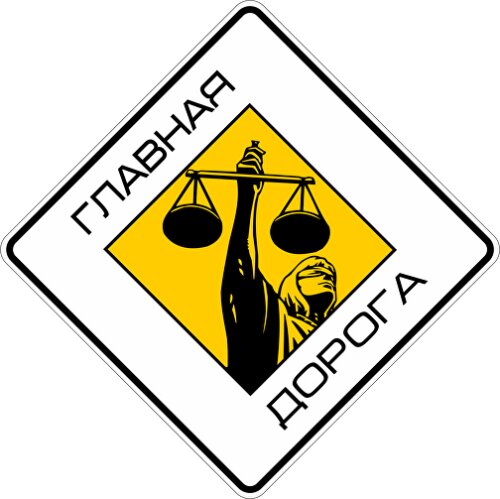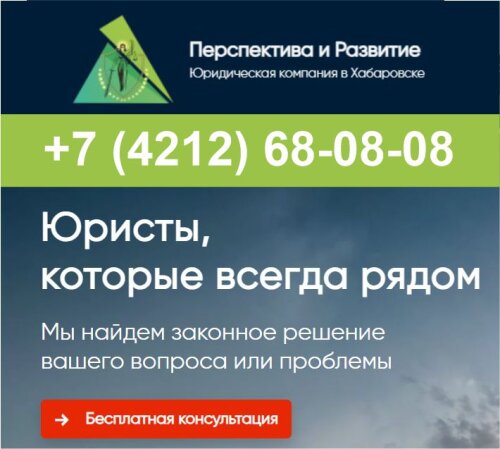Best Drugs & Medical Devices Lawyers in Russia
Share your needs with us, get contacted by law firms.
Free. Takes 2 min.
Or refine your search by selecting a city:
List of the best lawyers in Russia
About Drugs & Medical Devices Law in Russia
The legal landscape for drugs and medical devices in Russia is governed by a combination of federal laws, government regulations, and standards set by relevant authorities. The primary legislation is the Federal Law on Circulation of Medicines, which regulates the approval, manufacture, distribution, and sale of pharmaceutical products. The Ministry of Health of the Russian Federation oversees the regulatory framework, ensuring that all drugs and medical devices meet safety and efficacy standards before they can enter the market. Additionally, the Federal Service for Surveillance in Healthcare (Roszdravnadzor) is responsible for monitoring compliance and enforcement of these regulations.
Why You May Need a Lawyer
There are several situations that may necessitate legal assistance in the area of drugs and medical devices in Russia:
- Regulatory Compliance: Companies looking to market new drugs or medical devices must navigate complex regulatory requirements.
- Product Liability: Consumers may seek compensation for adverse effects from drugs or faulty medical devices.
- Intellectual Property: Navigating patents and trademarks for pharmaceutical products can require expert legal guidance.
- Contractual Issues: Drafting and negotiating distribution agreements, licensing agreements, and manufacturing contracts.
- Clinical Trials: Compliance with local laws and ethical standards for conducting clinical trials.
Local Laws Overview
Key aspects of Russian laws related to drugs and medical devices include:
- The Federal Law on Circulation of Medicines sets the foundation for the regulation of all pharmaceutical substances.
- The Technical Regulation of the Eurasian Economic Union (EAEU) influences standards for medical devices.
- Import and export regulations are strictly controlled, requiring specific certifications and documentation.
- Regulations on advertising and marketing of drugs and medical devices limit promotional activities to scientifically validated information.
- Strict penalties are implemented for non-compliance, including fines and business license revocations.
Frequently Asked Questions
What are the steps to obtain approval for a new drug in Russia?
Approval involves preclinical and clinical trials, dossier submission to regulatory bodies, and review by the Ministry of Health.
How are medical devices classified in Russia?
Medical devices are classified into four categories based on risk: Class I (low risk) to Class IV (high risk), affecting approval processes.
What regulatory body oversees drug safety in Russia?
Roszdravnadzor is responsible for overseeing drug and medical device safety and ensuring compliance.
How can I register a medical product for import in Russia?
Registration involves providing technical and safety documentation, compliance with EAEU standards, and undergoing inspection.
What are the consequences of non-compliance with drug regulations?
Non-compliance can result in fines, revocation of licenses, and potential criminal charges depending on the severity.
Can foreign pharmaceuticals be sold directly in Russia?
Foreign pharmaceuticals must meet Russian regulatory standards and may require collaboration with a local entity for distribution.
What is the role of clinical trials in drug approval?
Clinical trials assess the efficacy and safety of a new drug, forming a critical part of the approval process.
Are there restrictions on advertising pharmaceutical products?
Yes, advertising must be truthful, not misleading, and is restricted to scientifically validated information.
How are patents for drugs handled in Russia?
Patents are managed under Russian intellectual property law, providing protection for original pharmaceutical formulations and inventions.
What is required for the packaging information of drugs sold in Russia?
Packaging must include detailed information in Russian, including the composition, dosage, manufacturer, and safety warnings.
Additional Resources
For more information and assistance, consider reaching out to the following resources:
- The Ministry of Health of the Russian Federation for regulations and approvals.
- Roszdravnadzor for compliance and monitoring queries.
- The Eurasian Economic Union (EAEU) for information on technical standards and economic integration.
- Local legal associations specializing in pharmaceutical and healthcare law.
Next Steps
If you need legal assistance concerning drugs and medical devices in Russia, consider the following steps:
- Research and engage a law firm specializing in pharmaceutical and healthcare law with experience in Russian regulations.
- Consult with legal experts to ensure compliance with local laws and navigate the regulatory framework effectively.
- Stay informed about changing laws and regulations to ensure ongoing compliance and risk management.
Lawzana helps you find the best lawyers and law firms in Russia through a curated and pre-screened list of qualified legal professionals. Our platform offers rankings and detailed profiles of attorneys and law firms, allowing you to compare based on practice areas, including Drugs & Medical Devices, experience, and client feedback.
Each profile includes a description of the firm's areas of practice, client reviews, team members and partners, year of establishment, spoken languages, office locations, contact information, social media presence, and any published articles or resources. Most firms on our platform speak English and are experienced in both local and international legal matters.
Get a quote from top-rated law firms in Russia — quickly, securely, and without unnecessary hassle.
Disclaimer:
The information provided on this page is for general informational purposes only and does not constitute legal advice. While we strive to ensure the accuracy and relevance of the content, legal information may change over time, and interpretations of the law can vary. You should always consult with a qualified legal professional for advice specific to your situation.
We disclaim all liability for actions taken or not taken based on the content of this page. If you believe any information is incorrect or outdated, please contact us, and we will review and update it where appropriate.
Browse drugs & medical devices law firms by city in Russia
Refine your search by selecting a city.













